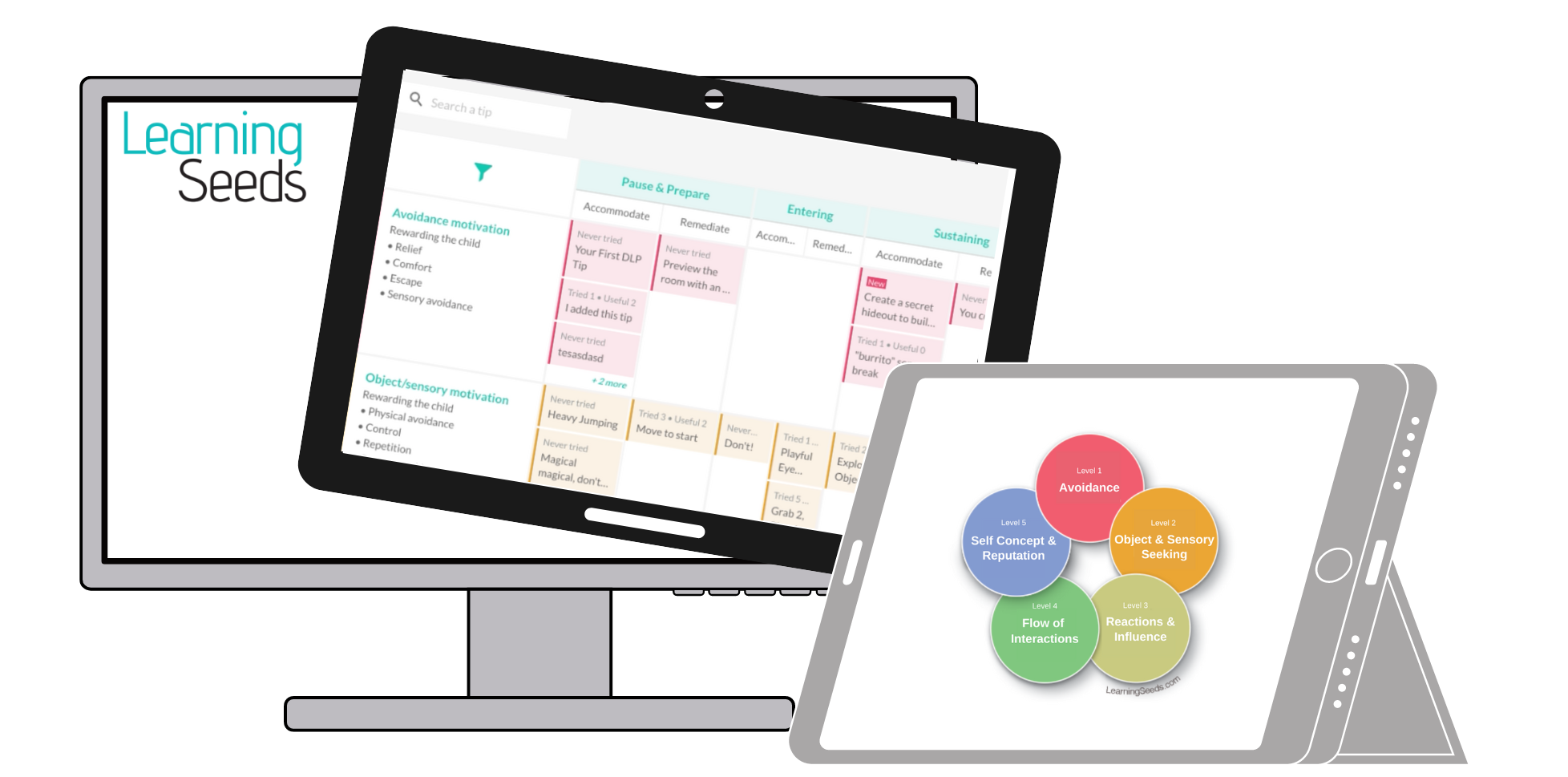
Engagement Data Model
How We Scale Our Expertise
Learning Seeds methodically records the teachable moments of our daily in-person practice, categorizes them, and uses our rich data to build programs and tools for educators.
Our field-research model is a three step process. We work directly with children to discover strategies, capture what works, and grow our database of winning strategies for educators and practitioners who work with preschool students.
The rich records of social coaching that we collect through this model are understood through our unique Lens, and within our Engagement framework.
Educators — Learn how we apply our Engagement Lens in our work with children. Reach out to us about professional development for your education team!
Working with Children
In our Boston-area practice, our team of innovation-minded practitioners (Enlightened Shadows) work with neurodiverse preschoolers who come to us struggling with social, executive functioning, and communication skills. Our students have had limited success in community activities, group learning, and interacting with peers and teachers.
We coach our students at their local preschools, camps, and playgrounds to help them have more positive social experiences than their behavior would elicit without support.
Capturing Data During Our Sessions
During their daily work, our Enlightened Shadows wear headsets to record themselves to capture the actual language, ideas, and notes that help them support our students to enter play, negotiate disagreements with peers, and transition successfully between activities.
Our headsets are used only to record ourselves, we do not record children or anyone else in close proximity.
Building a Database of Personalized, Actionable Strategies
The thousands of hours of recordings of our 1:1 coaching have been sorted into a framework of practice, and are housed in our proprietary categorized database. Our database includes 1,000+ bite-sized, evidence-based strategies (aka “Tips”) for responsively supporting children during real interactions, and over 4,000 examples of our strategies in practice. Each Tip is connected to 1-10 anecdotes—real world examples with details, language, and context often missing from curricula written for teachers.







